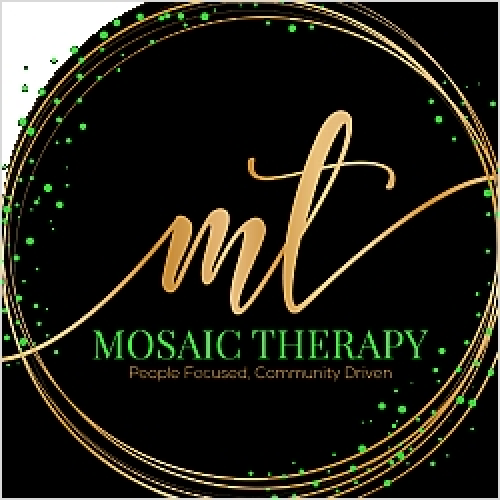FILTERS
Treatment and Services Offered
Languages offered
Accepted age groups
Insurance Providers
| Prev |
You may also want to try a center in another location:
Trying to Find the Right Rehab Center in Michigan for You?
Individuals experiencing the effects of chronic mental health issues may benefit from the treatment programs available at a residential treatment center, or rehab center. These inpatient treatment facilities offer 24-hour care from trained mental health and medical care staff. There may also be options for outpatient treatment if a person is not able to access a live-in care facility.
At these mental health facilities, those who arrive for treatment are viewed differently than they might be in many other treatment programs—each resident is viewed as a unique individual capable of meaningful change. After a comprehensive evaluation, most centers will develop an individualized treatment plan to best facilitate healing and recovery. Treatment plans may include group or individual therapy, psychiatric sessions, and family and community integration strategies to aid in the healing process.
Though many rehabilitation centers are best known for addressing substance dependency and addiction recovery issues, many specialized treatment programs work with other mental health concerns such as depression, compulsive behavior, and schizophrenia.
Mental Health Care in Michigan
The 2013 Well-Being Index, which is developed and published by Gallup–Healthways, ranked Michigan in the fifth quintile for life evaluation (43rd) and work environment (44th). The state was listed in the fourth quintile for physical health (35th) and healthy behaviors (36th), but ranked 25th in the category of emotional heath. Michigan earned an overall well-being score of over 65 (out of 100 points), and an overall ranking of 37 out of states.
When evaluated across 15 mental health care measures, the state was ranked 41st in the country by Mental Health America's (MHA) 2014 survey, suggesting a relatively high prevalence of mental health issues and low rates of access to care. According to MHA scores, Michigan was listed in 48th position in the “need ranking”, indicating a high statewide need for mental health services. At more than 4%, Michigan has one of the highest rates of adults with serious thoughts of suicide.
Michigan Census Information
To get the best treatment, sometimes it’s necessary to relocate temporarily or even permanently. Before moving to a state, it can be helpful to learn more about its census data. At present, almost 10 million people inhabit the state of Michigan. Minors make up 23% of the population, and people over the age of 65 comprise an additional 15%. Nearly 17% of people in the state live in poverty, and the median household income is $48,400. Roughly 80% of the population is white, 14% is black, 3% is Asian, and 1% is American Indian or Alaska Native.
References:
- Gallup-Healthways Well-Being Index. (2013). Michigan. Retrieved from http://cdn2.hubspot.net/hub/162029/file-626959471-pdf/WBI2013/Michigan_2013_State_Report.pdf?t=1418935567368
- Mental Health America. (2014). Parity or disparity: The state of mental health in America, 2015. Retrieved from http://www.mentalhealthamerica.net/sites/default/files/Parity%20or%20Disparity%202015%20Report.pdf
- Michigan Department of Community Health. (n.d.). About OROSC. Retrieved from http://www.michigan.gov/mdch/0,4612,7-132-2941_4871_43667---,00.html
- United States Census Bureau. (n.d.). State & county quickfacts: Michigan. Retrieved from http://quickfacts.census.gov/qfd/states/26000.html









